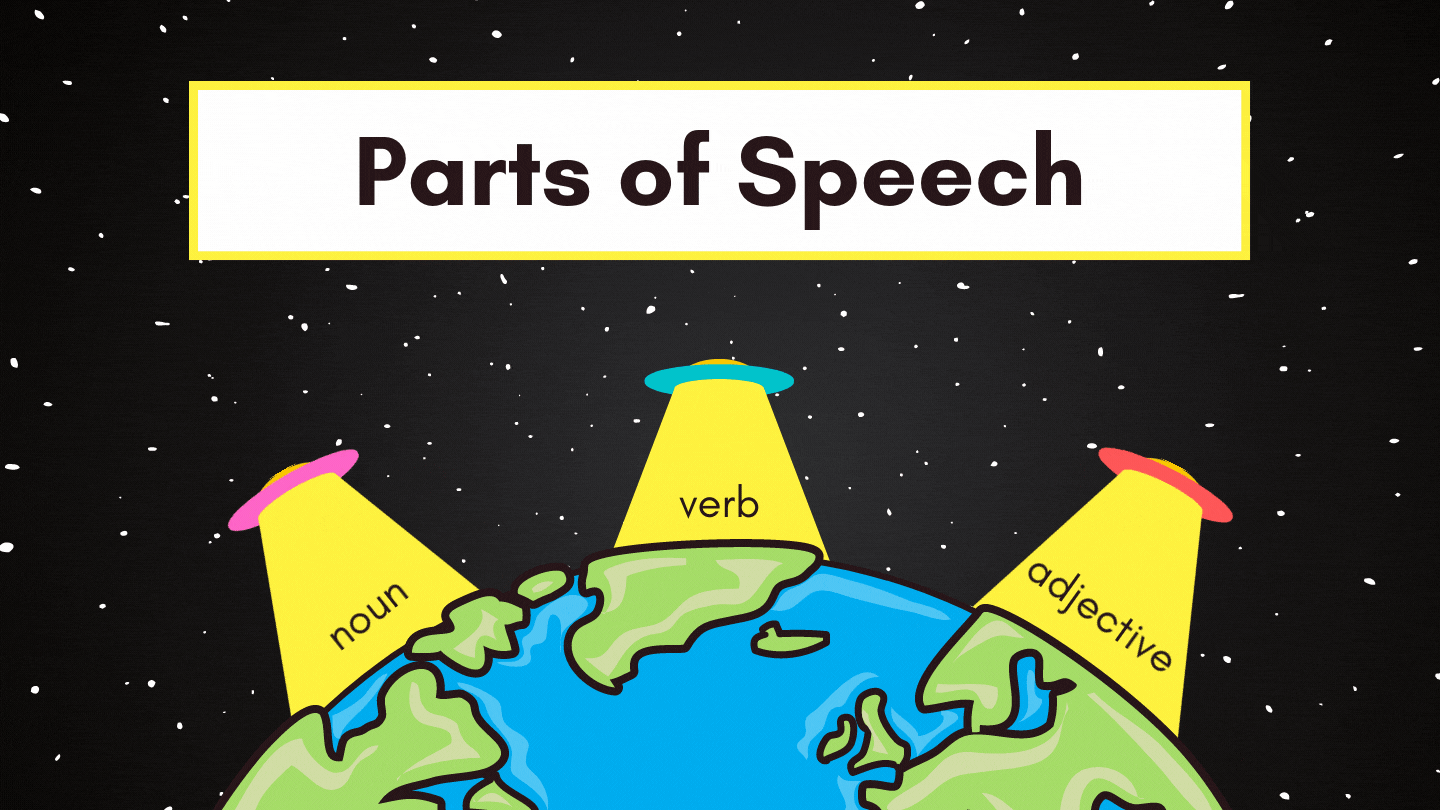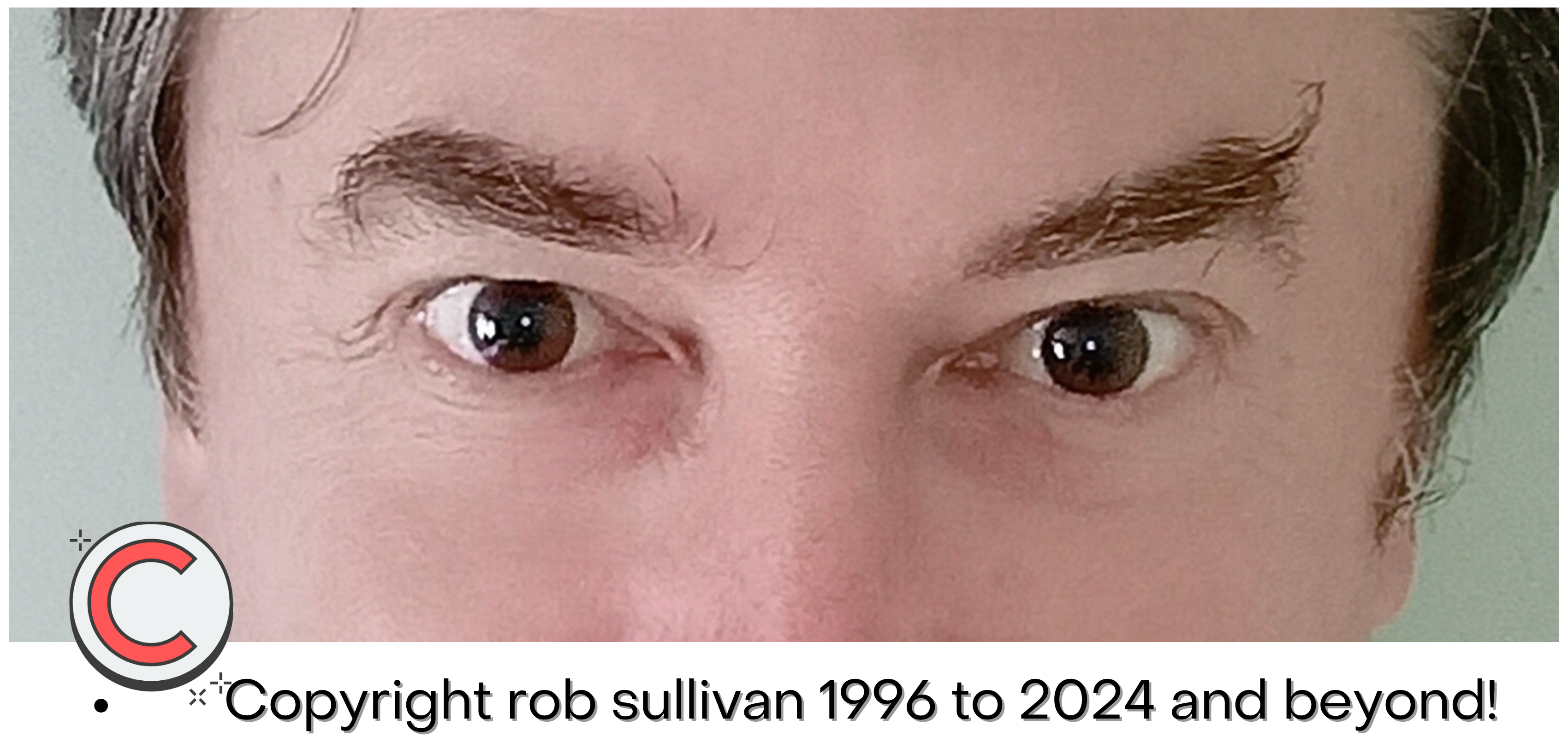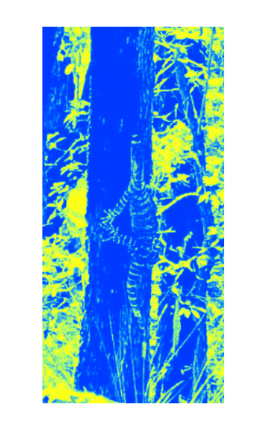
INTRODUCTION TO ENGLISH GRAMMAR
ENGLISH IS A GERMANIC LANGUAGE OF THE INDO-EUROPEAN FAMILY. It is the language of the Anglo-Saxon world, as well as the lingua franca of the globalized age.BASIC SENTENCE
A COMPLETE SENTENCE contains the subject (S) plus a predicate (P) containing a verb (V). Sometimes, a linking verb connects the subject with a predicate adjective, for example:I feel hot.
I like you
You like me
 )
An interesting feature of English is the dummy subject. It is possible to have multiple subjects ("Seals and walruses live near the North Pole"), and it is possible to have multiple objects too.
)
An interesting feature of English is the dummy subject. It is possible to have multiple subjects ("Seals and walruses live near the North Pole"), and it is possible to have multiple objects too.

 )
)
 )
Participles are verbs which act as adjectives, and thus can modify the subject or object of a sentence (for example, "burnt toast", "broken window".) Furthermore, past participles are used to describe how people feel ("broken-hearted"), while present participles are used to describe the actions which make them feel that way ("heart-breaking news").
)
Participles are verbs which act as adjectives, and thus can modify the subject or object of a sentence (for example, "burnt toast", "broken window".) Furthermore, past participles are used to describe how people feel ("broken-hearted"), while present participles are used to describe the actions which make them feel that way ("heart-breaking news").
 )
To make a question, the usual sentence order is inverted somewhat. Usually the question starts with a interrogative word like "what" or "who", or a verb conjugated into the interrogative mood (such as "be" or "do"). For example:
)
To make a question, the usual sentence order is inverted somewhat. Usually the question starts with a interrogative word like "what" or "who", or a verb conjugated into the interrogative mood (such as "be" or "do"). For example:
Do you like me? ......... Yes, I do.
 )
In the passive voice, the usual formula can be rendered: S + be/have + past participle. This type of formula is used with other passive structures, such as "Everyone likes being praised."
)
In the passive voice, the usual formula can be rendered: S + be/have + past participle. This type of formula is used with other passive structures, such as "Everyone likes being praised."
More Complex Sentences
MOST SENTENCES comprise of phrases or clauses of some type. The difference between a clause and a phrase is that a phrase does not contain its own subject. Thus, a fragment like "between ignorance and intelligence" is a phrase. One could say that words are like atoms, and phrases and clauses are like molecules. That said, words can be broken down even further into morphemes, but that is another matter! English sentences have four kinds of clauses: the main (or independent), subordinate, relative and noun clauses. Independent clauses make sense when they stand on their own. A compound sentence comprises two independent clauses, joined by a conjunction. Conjunctions express the nature of the relationship between the clauses. "While" for example shows a contrast, whereas "because" explains the reason for something. When we use conjunctions like these in the middle of a sentence, you indicate to the reader or listener that more information is coming. Clauses can act as adjectives, in the case of participle clauses, and relative clauses ("The town where I live is very small.") Here the words "where I live" modify the subject of the sentence. Adverb clauses modify the way something is done: "Whenever it rains", for example. Noun clauses use one of the "question words" like "what" or "why", and modify the subject or the object (in the latter case: "Please tell me WHAT HAPPENED"). When they are objects, the noun phrase follows a verb (as in, "I know how you feel.")Recommended Websites & Weblogs
Syntax Tree GeneratorAdjectives
Adverbs
Articles
Conjunctions
Nouns
Prepositions
Tenses
Verbs




I teach the following kinds of lessons Australian English |
Business English
| Conversation Practice | Grammar Mistakes | Kids Classes | Test Preparation | Writing & Editing
Book a trial lesson with me TODAY!

 If this page has enriched your life, send me a donation at the following Ethereum address:
If this page has enriched your life, send me a donation at the following Ethereum address:0x700d0F52bE88C9C484E92b0E7e687831B226a1e9
